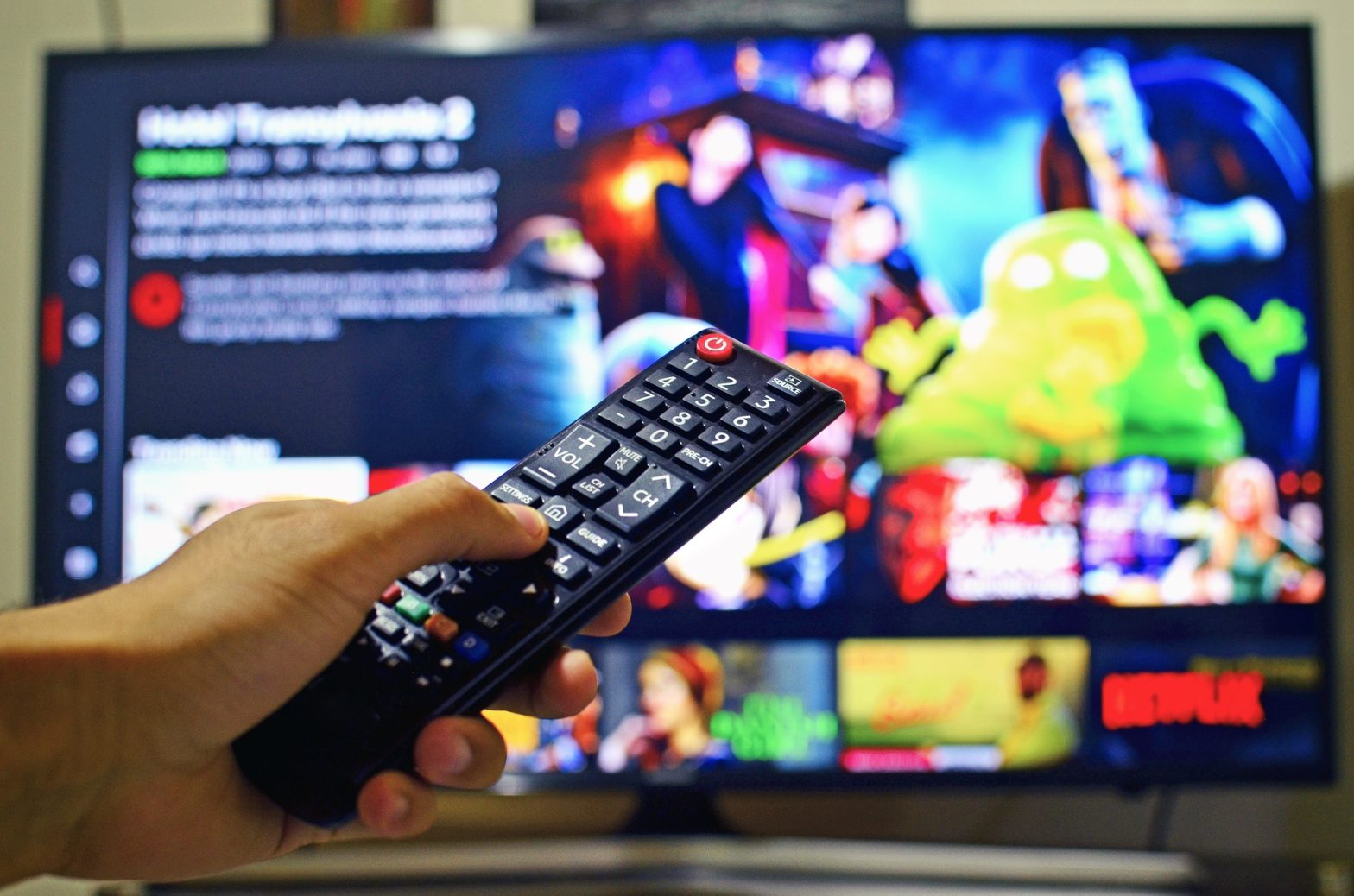Speaking on a panel at the Future of TV Advertising Global, Richard Brooke said: “As a company that sells to 2 billion plus consumers a day on an annualised basis, we look at TV to provide levels of reach. [TV’s] high levels of reach make it very cost effective.
“As people have started to consume media - particularly over the last six to nine months - in a very different way, advanced TV brings something to the party…in terms of adding and driving reach.”
Advanced TV encompasses over-the top (OTT) streaming services, video-on-demand (VoD), connected TV (CTV), audience-based linear advertising, programmatic advertising and addressable TV. Asked about the role advanced TV can play in a brand’s channel mix compared to traditional TV, Brooke described how “it allows for a level of contextual relevance”, recalling memories from his youth to explain. “I used to go to a small cinema on Fulham road, [close to] the Hibernian Club. If anyone has been there, you'll remember that [Hibernian Club] advertised [at the cinema], because it was around the corner. Similarly, advanced TV can expand or bring new advertisers into the medium.”
Chairing the panel, brand, agency and industry relations director at Comcast’s Freewheel, Emmanuel Josserand, explained that in its recent exclusive study, 84% of marketers envisioned growth in advanced TV spend over the next twelve months. The study suggests that the increased advanced TV spend primarily derives from either an increase in budget, or a shift of spend from linear TV or display – and with the report also finding that the majority of marketers are expecting a decrease in marketing budgets for 2021, it is suggested that the latter is more likely.
Tim Willcox, managing director at Dentsu’s programmatic arm Amnet, explained that although logic would argue that the budget for advanced TV should migrate from traditional TV budgets, the reality is that the value advertisers demand from traditional TV budgets locks all parties in, to the point where it's difficult to pull budget out. “In the short term, that [advanced TV] budget is coming from other digital channels, because they're a little bit more fluid. You're able to flex them a little bit more without actually harming return on investment,” Willcox added.
On the other hand, Emmanuel Crego, managing director at Values.Media, said: "I’m convinced that addressable TV budget won’t come from other media because addressable capabilities are an incremental targeting on top of socio-demo one in linear TV, a better optimisation of linear TV budget."
However, for Brooke, it is too early to determine whether the additional spend for advanced TV comes at the cost of linear TV. Rather, “when the content is there, the budget will follow.” “The reality is that content is always going to be a driver for advertisers’ budget because the content is what people watch, and there is some amazing content available at the moment. In lockdown people have been binge watching on all that's available.” More important for Unilever, Brooke added, is that as TV moves away from a singular regulated linear stream, that all actors in the industry remain responsible providers of content. “The regulation applied to TV is a very good thing. As TV moves away from a singular regulated linear stream, what we as Unilever will be urging the space to do, and what we would expect, is to remain a responsible provider of content.”
Source: mediatel.co.uk



